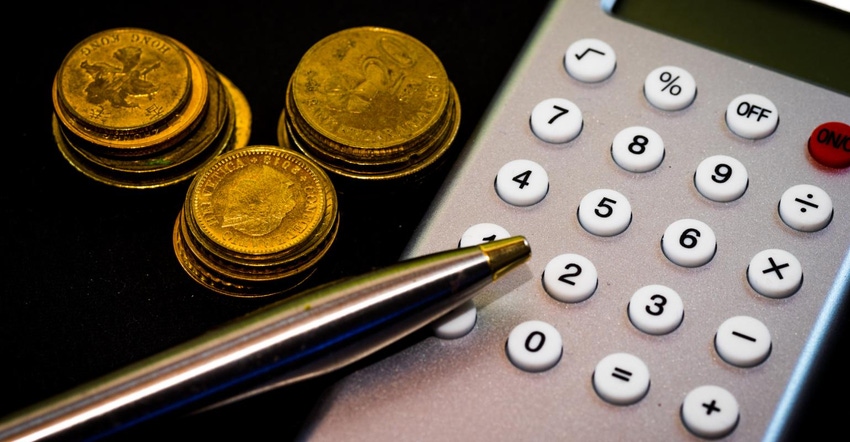
While the farm economy is now in its seventh year of an elongated down cycle, the general economy just established an all-time record. The U.S. economy has been expanding for over 120 consecutive months since the last recession. This economic streak eclipsed the previous record established in the 1990s when Dr. Alan Greenspan was Chairman of the Federal Reserve, Present Bill Clinton was in the White House, and Newt Gingrich was leading Congress.
Ten years without a recession has many economists and business leaders critically thinking about when the next recession may occur and the possible causes. The senior class at the Graduate School of Banking at Louisiana State University was posed these two questions using anonymous clicker response technology.
Next recession
Nearly one-half of the class responded that the next recession would begin in the second half of 2020. Approximately 30 percent of the aspiring graduates indicated the next recession would begin in the year 2021. Surprisingly, one in five bankers indicated a recession would occur in 2022, 2023, or later. If this is the case, the economic expansion will be a real record setter one could only have dreamed about during the Great Recession a decade ago.
Recession causes
The class was asked to list the possible causes of the next recession. Surprisingly, a little over one-third of the students thought the next recession would be caused by a buildup of federal, corporate, student, and personal debt. The U.S. federal debt is $22 trillion and counting, total credit card debt is $1.2 trillion, and student debt is over $1.5 trillion. If China wants to play hardball in the trade war and fund less of the U.S. government debt, interest rates could rise which would impact all types of debt.
About one in five in the class thought the trade issues could derail the economy. An asset bubble and the outcome of the 2020 U.S. election were also common responses the bankers cited that could create a recession. The stock markets in both the U.S. and abroad have been strong bull markets. The Dow was 6,400 points in 2011 and now consistently exceeds 26,000 to 27,000 points. This is almost a fourfold increase in eight years. The 2020 U.S. elections will be in two camps: capitalism versus socialism. The psychology of the outcomes could be a disruptor to the current economic expansion.
P.S. The Australians currently hold the record for worldwide economic expansion at 27 years and counting. The tremendous demand for commodities from Australia into the rapidly growing Asian region has spurred continued economic growth.
The source is solely responsible for the information provided and is wholly owned by the source. Informa Business Media and all its subsidiaries are not responsible for any of the content contained in this information asset.
About the Author(s)
You May Also Like






